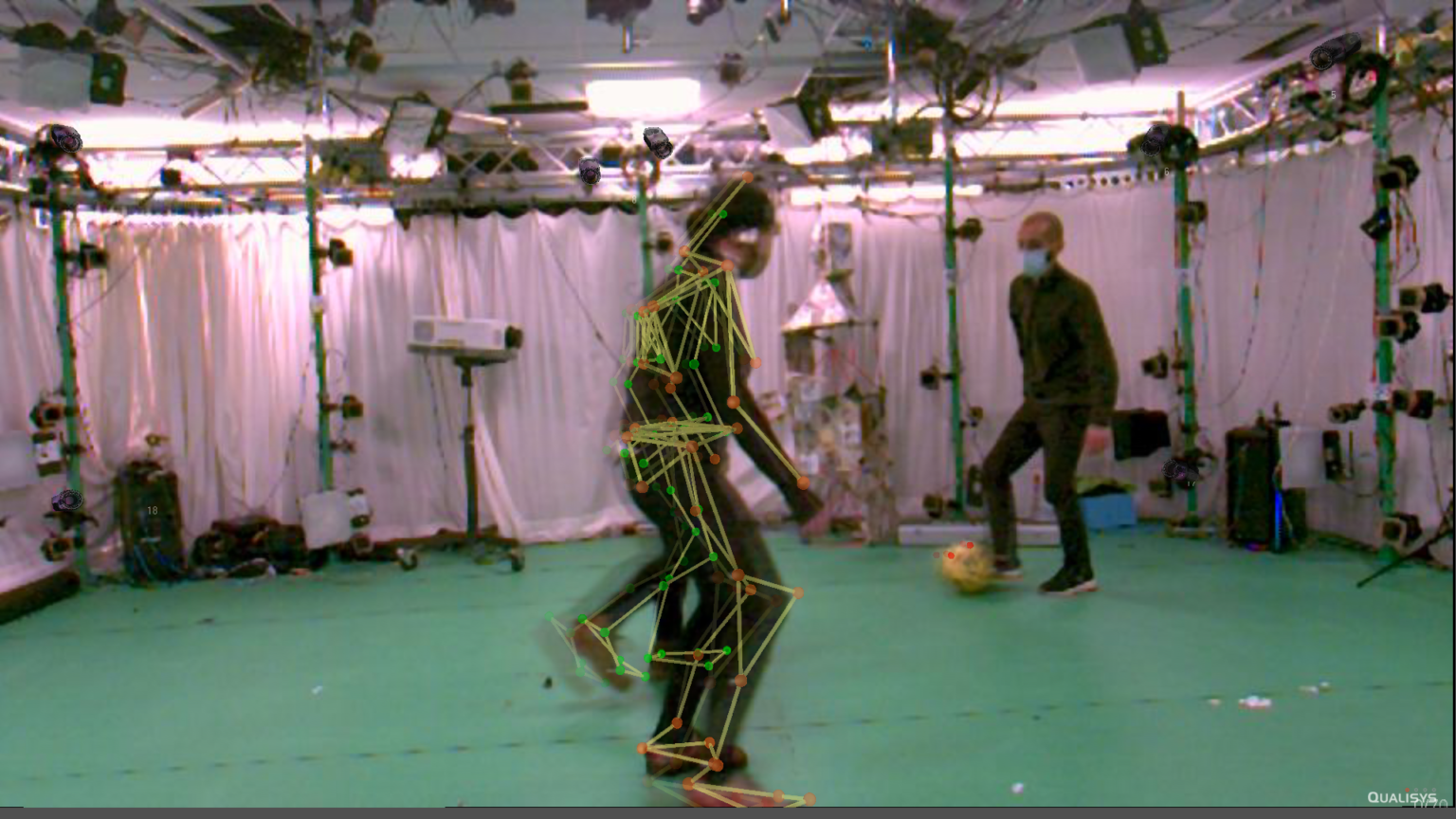An art prize at the Colorado State Fair was awarded last month to a work that – unbeknown to the judges – was generated by an artificial intelligence (AI) system. Social media have also seen an explosion of weird images generated by AI from text descriptions, such as “the face of a shiba inu blended into the side of a loaf of bread on a kitchen bench, digital art”. Or perhaps “A sea otter in the style of ‘Girl with a Pearl Earring’ by Johannes Vermeer”: You may be wondering what’s going on here. As somebody who researches creative collaborations between humans…
Author: The Conversation
A glowing blob known as “the cocoon”, which appears to be inside one of the enormous gamma-ray emanations from the centre of our galaxy dubbed the “Fermi bubbles”, has puzzled astronomers since it was discovered in 2012. In new research published in Nature Astronomy, we show the cocoon is caused by gamma rays emitted by fast-spinning extreme stars called “millisecond pulsars” located in the Sagittarius dwarf galaxy, which orbits the Milky Way. While our results clear up the mystery of the cocoon, they also cast a pall over attempts to search for dark matter in any gamma-ray glow it may emit. Seeing…
From the COVID-19 pandemic to the war in Ukraine, misinformation is rife worldwide. Many tools have been designed to help people spot misinformation. The problem with most of them is how hard they are to deliver at scale. But we may have found a solution. In our new study we designed and tested five short videos that “prebunk” viewers, in order to inoculate them from the deceptive and manipulative techniques often used online to mislead people. Our study is the largest of its kind and the first to test this kind of intervention on YouTube. Five million people were shown the videos, of…
In a recent Premier League game, Manchester United went 2-0 up when striker Marcus Rashford ran on to a pass and slotted the ball past Liverpool’s goalkeeper, Alisson Becker. The game was then held up briefly while the “video referee” checked whether Rashford was ahead of the last defender, Joe Gomez, when the pass was made. The difference between onside and offside – between goal or no goal – can be tiny: Marcus Rashford was onside for Manchester United’s second goal due to the tolerance level which was added to VAR offside last summer. Would have been offside in 2020-21.…
Space is a hostile, extreme environment. It’s only a matter of time before ordinary people are exposed to this environment, either by engaging in space tourism or by joining self-sustaining colonies far away from Earth. To this end, there needs to be a much better understanding of how the environmental dangers of space will affect the biology of our cells, tissues, organs, and cognition. Crucially for future space colonies, we need to know whether we can easily reproduce in environments other than those found on Earth. The effects of radiation on our cells, producing DNA damage, are well documented. What’s less clear is how lower…
Our Sun has a rather lonely existence in the Milky Way galaxy. It sits on its own, four light years away from the nearest star, with only its planetary system for company. But it wasn’t always like this. We almost exclusively observe young stars in groups, so-called stellar nurseries, where they brush shoulders with stellar siblings. These stellar nurseries are densely populated places, where hundreds of thousands of stars often reside in the same volume of space that the Sun inhabits on its own. Violent interactions, in which stars exchange energy, occur frequently, but not for long. After a few…
Doomscrolling can be a normal reaction to living through uncertain times. It’s natural to want to understand dramatic events unfolding around you and to seek out information when you’re afraid. But becoming absorbed in bad news for too long can be detrimental. A newly published study has found that people with high levels of problematic news consumption are also more likely to have worse mental and physical health. So what can you do about it? We spoke to Australians in the state of Victoria about their lengthy lockdown experiences and found how they managed to stop doomscrolling. Here are some tips to help you do…
The metaverse is a virtual online world that people can access in a variety of ways, including through virtual and augmented reality. It offers people an interactive social experience where users are represented by avatars. Users can teleport through different virtual social worlds, participate in events and make transactions using cryptocurrencies. By 2026, it is predicted that 25 per cent of people will spend at least one hour a day in the metaverse. There, they’ll be able to participate in activities such as working and shopping, and 30 per cent of firms will have their products and services ready for the…
Once upon a time, most advertisements were public. If we wanted to see what advertisers were doing, we could easily find it – on TV, in newspapers and magazines, and on billboards around the city. This meant governments, civil society and citizens could keep advertisers in check, especially when they advertised products that might be harmful – such as alcohol, tobacco, gambling, pharmaceuticals, financial services or unhealthy food. However, the rise of online ads has led to a kind of “dark advertising”. Ads are often only visible to their intended targets, they disappear moments after they have been seen, and…
Cyber-attacks are on the rise globally, with seriously negative implications for countries’ strategic, national, economic and social well-being. A cyber-attack can be defined as an unauthorised attempt – successful or not – to infiltrate a computer or computer system for malicious purposes. Reasons for such attacks vary from financial gain to espionage, gathering strategic and national information and intelligence about an adversary. Such an adversary can be a nation state, a corporate entity or a private individual. The authoritative international Cybercrime Magazine expects global cybercrime costs to grow by 15% a year over the next five years, reaching $10.5 trillion a year by 2025,…










